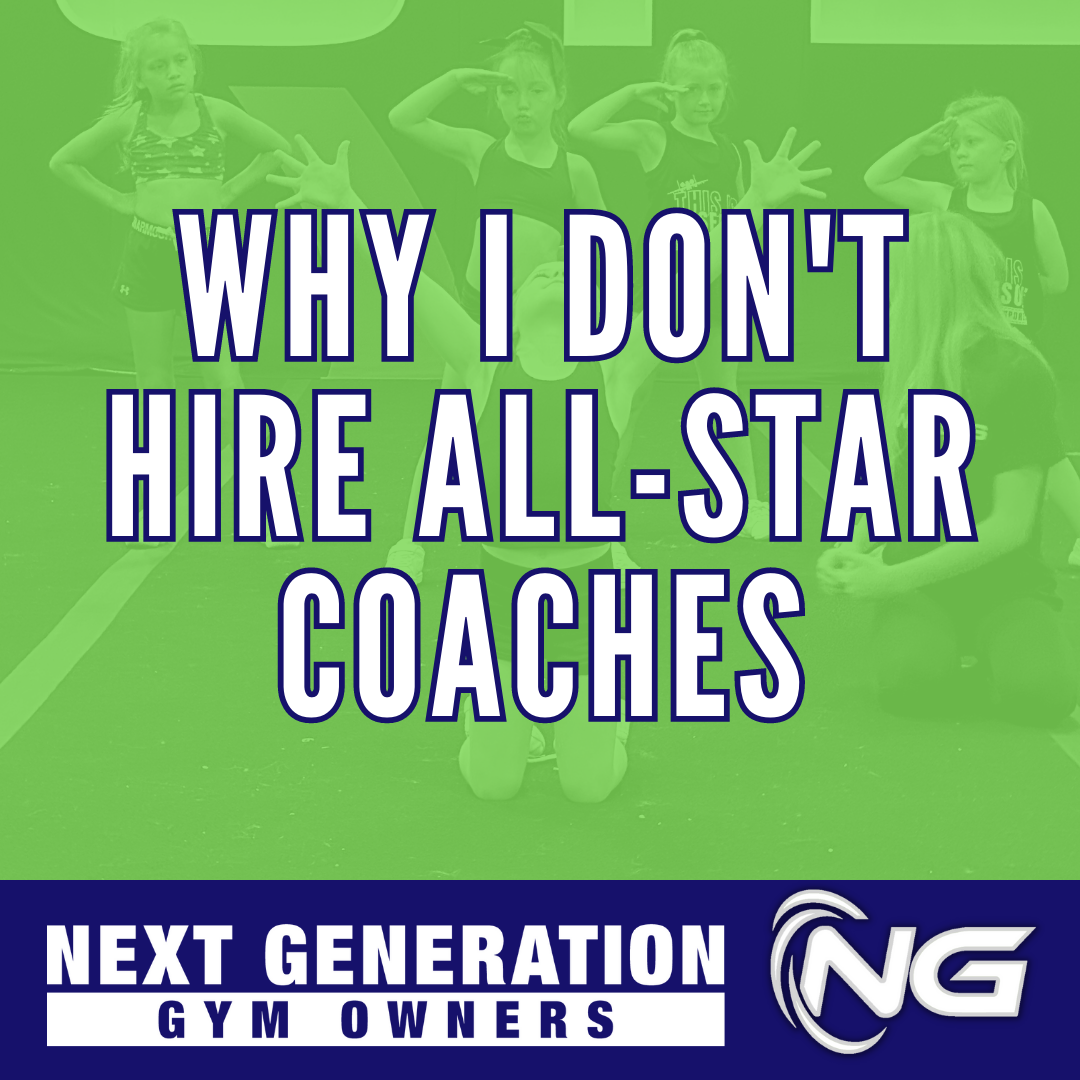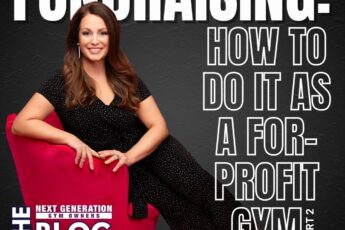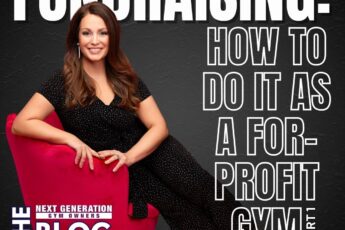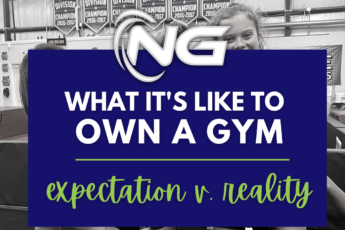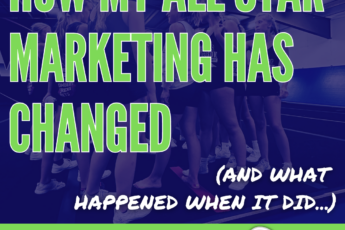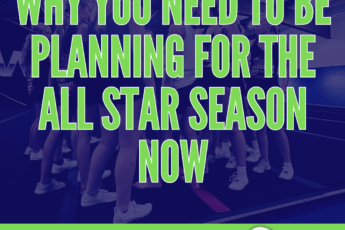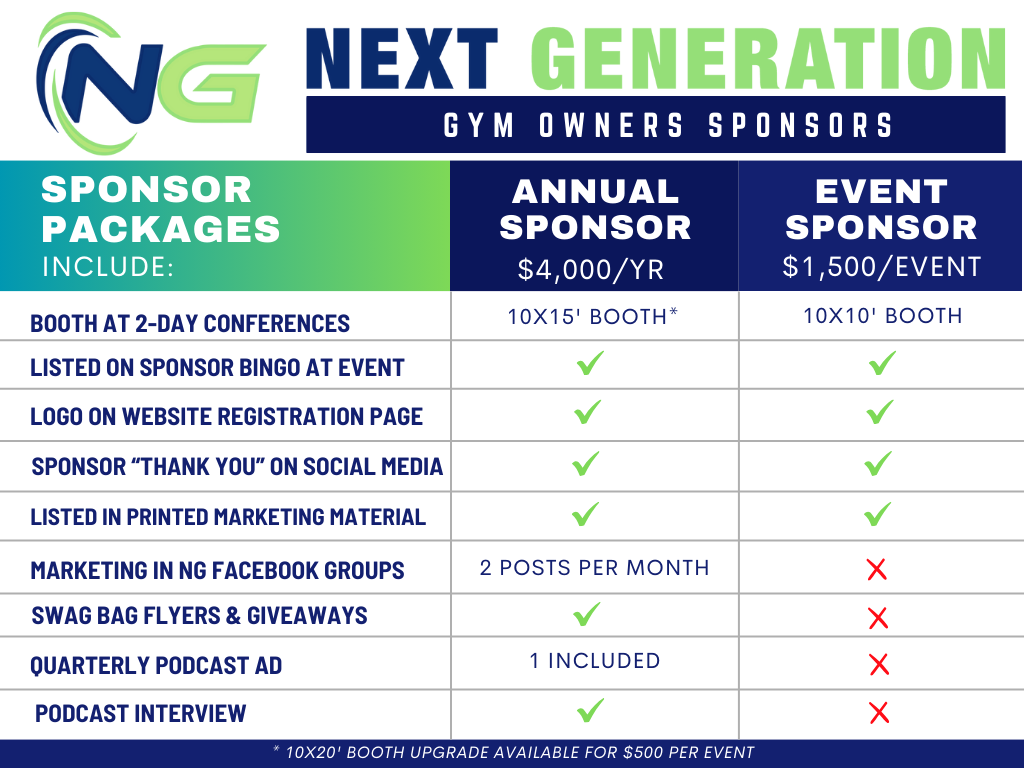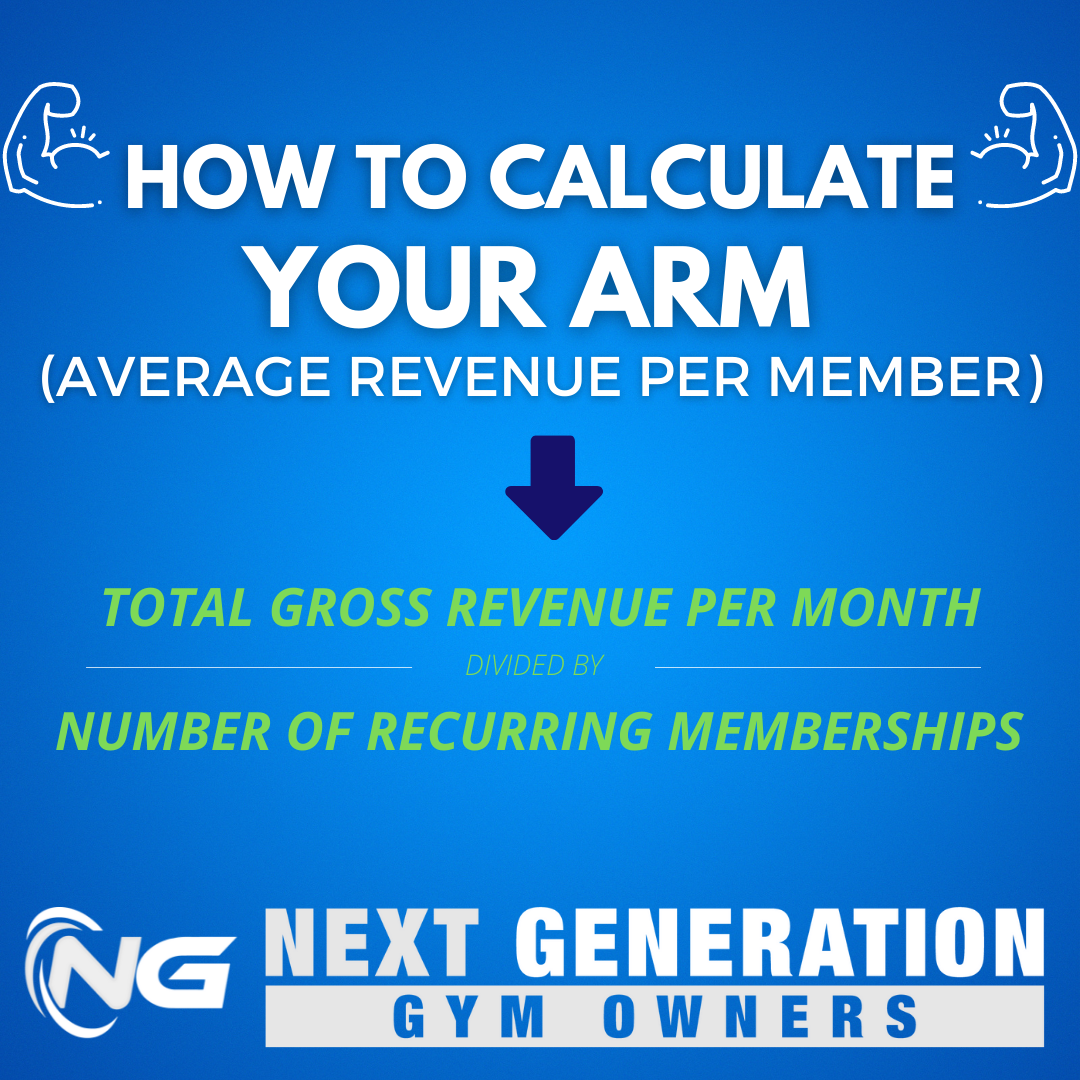In my early years, I stressed constantly about my all star program growing. I wanted it to grow so athletes could have appropriately leveled teams and be placed with other kids their similar skill level and age, but my biggest hold up was that I was afraid to grow. I didn’t have enough coaches, and I was absolutely maxxed on what I was coaching.
In fact, as much as I had loved coaching in the early years, I also resented it. Every time I had to miss a Cub Scout event or soccer game, I was resentful. Not at first, but over time. Every time one of my girls had her birthday during the week, I was frustrated. I wouldn’t get home until 9 p.m., and even then sometimes I would come home to a few text messages from parents demanding my time.
If that’s you right now, you might be feeling a bit that way. So, I did what any reasonable person would do – I focused all my efforts on hiring people who could coach all star. I had minimal success though. Most people were unqualified. Those who were qualified were not the right fit for my gym. They wanted outrageous amounts of money that my small program couldn’t afford, and even the few times I agreed to pay that – I got coaches who didn’t want to adapt to our styles of coaching and the types of coaching I was looking for.
It wasn’t until I was forced with the hard reality that I wasn’t going to find all star coaches, that I fully adapted my thinking. I started looking at my current rec coaching staff, and looking for the qualities I wanted in an all star coach. If their class didn’t need them one week or they had some free time, I’d pull them over to help spot stunts. I’d observe how they communicated with the athletes and what sorts of basic corrections they could make despite their lack of knowledge in all star. (Hint: Any great tumbling coach can usually learn stunting because they understand how the body works.)
So, about 7 years ago, we made a very big switch. We no longer hired all star coaches. We hired people to coach recreational tumbling. They may have loved cheer and applied to be a cheerleading coach, but for one year – despite their experience, they would focus on recreational tumbling. Occasionally, we’d put them on recreational cheer as well.
After a year, if they had proven they had the level of commitment, leadership and communication skills we were looking for, we’d offer the opportunity to be an assistant coach on a team. Every team in our gym has two coaches. (These days, it’s pretty much necessary so when one coach is sick or exposed, the show can go on.)
So today, our pairings are strategic. For the most part, every team has one coach who is teaching and one coach who is learning. They may be co-coaching alongside one another equally, but one person is ultimately responsible for helping build and grow the other coach up to be a lead coach.
Fast forward to today. Only one of my coaches has ever had experience as an athlete in all star cheer. None have ever coached it until they coached it at my gym. Our program holds its own, has grown substantially and has successful teams.
So if you’re stressing about hiring coaches for next season, take a look at your rec coaches. Start looking at their skills outside of cheer. If you can train an athlete to do a skill, you can train a coach to teach that skill. Guaranteed.

